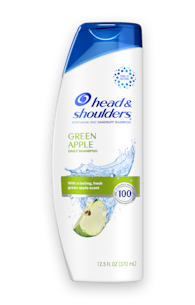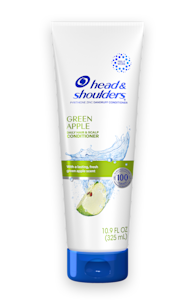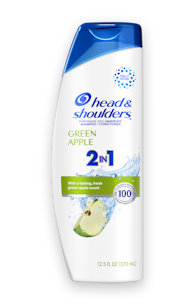DEHYDRATION AND DANDRUFF – IS THERE A LINK?

Dehydration won’t cause dandruff – but that doesn’t mean they’re not linked. Find out how to keep things from getting worse.
We’ve all heard that you should drink 8 glasses of water a day – anything less and you run the risk of dehydration. What you might not know is that not drinking enough water can affect your scalp health, particularly if you have dandruff.
First off, let’s establish what dandruff is, and why it’s not caused by dehydration. Then we’ll discuss the link.
What is dandruff?
We all have a yeast - a single-celled fungus - called Malassezia globosa on our heads.
Don’t worry though – it’s normal, and can be harmless.
This microscopic organism survives by breaking down the oils on your scalp, and leaves behind oleic acid as a by-product.
Unfortunately, about half the population are sensitive to this acid.
In these people, oleic acid can cause an irritation of the scalp, causing the body to increase skin cell production in an attempt to get rid of the irritant.
This leads to:
flaking
itchiness
redness
All the classic symptoms of dandruff.
So, to recap, the causes of these symptoms were Malassezia globosa, scalp oil, and how much you’re bothered by oleic acid. So far, we haven’t mentioned dehydration’s role in this reaction. So, what’s the link?
How dehydration affects dandruff
We know the reason for dandruff, but dehydration and its effect on the scalp can make the problem far worse.
This is because moisture is integral to the health of your scalp.
Dryness can lead to dandruff
When it’s healthy, your scalp keeps the bad substances out (irritants, pollution, germs), and the good stuff in (water, nutrients).
When you don’t drink enough water, the scalp can become dry and damaged, causing flaking, itching, scratching…even broken skin. This weakened skin is less effective as a barrier between you and your environment.
If you’re prone to dandruff, the irritants on your scalp trigger dandruff more easily than normal.






